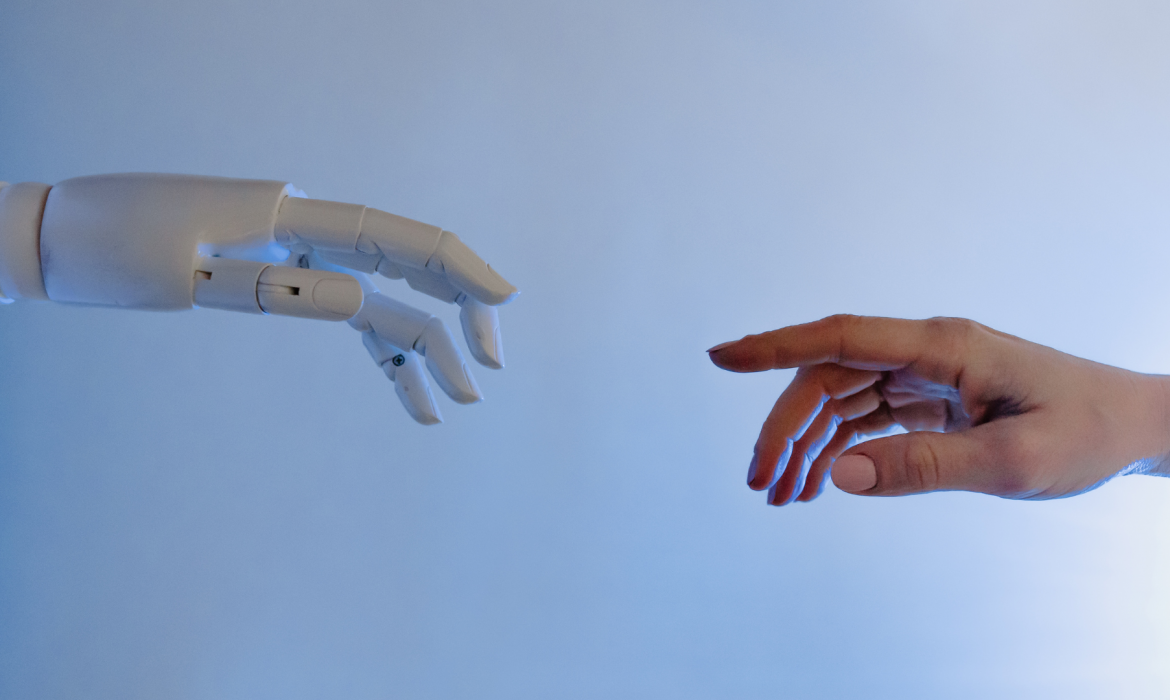Over the past year or so, many of us – individuals and businesses alike – have become aware of the growing challenges posed by energy. It’s no longer just a question of its impact on our daily lives or on productivity, but also of its impact on the climate and the environment. Numerous reports alert us to this issue (the IPCC report, La Planification écologique published this month by the French government, etc.).
But despite this growing awareness, our efforts to reduce our energy consumption don’t seem to be enough. But what if the solution did not lie with man alone? What if the solution lay in a technology that already exists, a solution capable of making effective choices for the common good? What if the solution was AI?
Alric Marc, founder of EFICIA, an expert in energy management for commercial buildings and local authorities, explains: “According to the IPCC scenarios, technological progress must be an important element in achieving our low-carbon objectives and limiting global warming. And indeed, technology is omnipresent in solutions designed to support the transition to more sustainable production and consumption patterns. Among these technologies, Artificial Intelligence and the Internet of Things are particularly promising. They make it possible to monitor and optimize the energy consumption of buildings, industries and even entire cities in real time.“
He continues: “AI has become one of the driving forces behind the energy transition, favoring the detection of key areas for optimization and helping to set investment plans to comply with BACS and Tertiary regulations. This technology makes it possible to understand and anticipate the uses of a building’s occupants, and suggest new settings. Making buildings intelligent is the quickest and least intrusive way to reduce our energy consumption, while making them easier to operate.“
Find out more about how AI can be used to benefit the energy transition and reduce your energy consumption, with Eficia.




